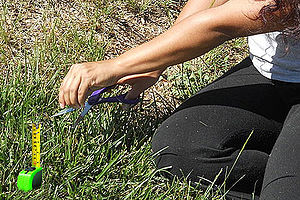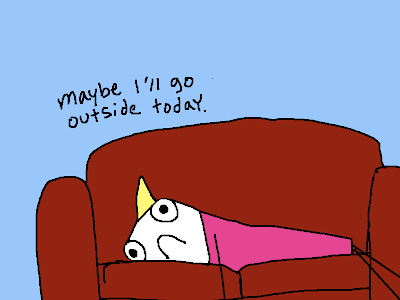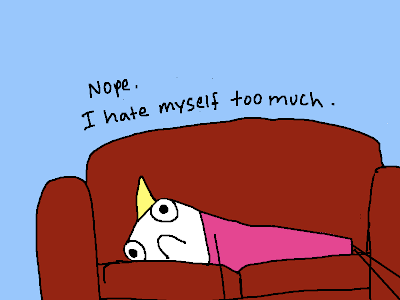This series looks at a small snippet of The book on the Perfectionist Personality, aka The Obsessive Compulsive disordered Personality, aka OCPD,
each week. Please follow along, leave your comments, engage more on the
FaceBook website... whatever your heart calls you to do.
When Being in Control Gets Out of Control by Allan E. Mallinger, M.D.
and Jeanette DeWyze was published by Random House in 1992. If you
believe you are dealing with OCPD or someone who is "Too Perfect,"
whether that's you or a loved one, please buy a copy of the book and
read it for additional insights that will not all be covered in these
excerpts.
THE DRIVE OF DEMAND-SENSITIVITY, THINKAHOLISM, AND ORDERLINESS
As I discussed in chapter 5, obsessives tend to be acutely sensitive to both explicit and unspoken obligations. This heightened sensitivity can make one's work load heavier than that of a less demand-sensitive person. For example, when Mona's boss began working weekends, Mona felt compelled to join him in the office for at least a few hours. "He never once asked me to come in," she said. "But somehow I got the feeling that he really did think I should help out."
Thinkaholism can exert a different kind of pressure on those already overburdened individuals. Work provides rich fodder for the obsessive's tendency to dwell on problems. At the end of the day or the end of the week, many workaholics find it hard to shift their thoughts and attention away from their jobs, and as a result they may be preoccupied and "not fully present" with loved ones or in leisure activities.
Yet another contributor to workaholism can be the obsessive's need for orderliness. Work organizes one's time, it imposes an order upon existence. I can't count the number of obsessives who have told me that while work is hard, they prefer it to the uncertainty or unstructured time. At least, when they have tasks laid out before them, they can enjoy a sense of movement and virtuous productivity as they dispatch them. Orderliness many also increase their work load if it drives them to spend a lot of time on such activities as cleaning, organizing, and straightening their desks. Or they may feel compelled to stay late, until all the "loose ends" have been attended to.
***
Work is structured. Work is competitive. Work can offer measurable results, unlike, say, child care or housework - you might have just changed a diaper or wiped a runny nose, but you'll have to keep on changing those diapers or wiping noses. You can wash a floor, and people will track in more dirt, pet hair, etc., usually within minutes.Whereas if you finish writing a report, or filing a stack of bills, or building a house, once it's done, it's DONE. (Of course, there will be other reports to write, others bills to file, other houses to build...) Paying work is more tangible than "hanging out" with family and friends. If you don't want to go home, you will always find "loose ends" at work to keep you from doing so.
I just got back from a conference (hence the late post, and no pictures) and though it was certainly very fun, it was also WORK. It was workshops and networking and "building relationships," even during meals and drinks at the bar.
As a society, we support, rather than discourage workaholism. We give validation and praise to the "hard workers" and the people with the spotlessly clean desks. When someone brags/complains about working 60-70 hour weeks, we don't roll our eyes and say, "Wow, sounds like your life is really out of balance."
But maybe we should.
Do you spend a lot of time at work "straightening"?
Does your brain stay at work even when it's time to be with family?
Does your brain stay at work even when it's time to be with family?
Your thoughts?














